And The Winner Isn't: "2001"
Why was the greatest sci-fi film of all time ignored at the Oscars?
(This is the first in a series of posts highlighting great films that were not given Oscars at the Academy Awards)
In the spring of 1968, Stanley Kubrick’s visionary film, 2001: A Space Odyssey, was first released. It played in Cinerama (by then essentially 70mm and 6 track stereo sound) in roadshow engagements around the world.
At the time, the critics were divided by the film and the box office was just okay. However, a few months after it opened, the film began to attract a younger, hipper audience, and many of them saw the film while under the influence of drugs.
In fact, MGM, the studio who made the film, reissued it to theaters later that summer and began selling 2001 as “the ultimate trip.” The movie became a hit and eventually a modern classic.
I didn’t get to see 2001 until it was re-released in 1971 when I was 13 years old. I was fortunate to see it in 70mm 6 track stereo sound on a 105 foot wide, 35 foot high screen at my local Cinerama theater, The Indian Hills, in Omaha, Nebraska.
It really was the ultimate trip.
It was also the first time I realized I had seen a film and not just another movie.
It’s still my favorite all-time film today.
But one thing has always puzzled me: why did 2001, one of the most amazing films ever made, only win one Academy Award for special effects in 1968?
The truth is that 2001 should have won 10 Oscars that year.
First, there’s no question that 2001 was the best film of 1968. Yet, shockingly, Kubrick’s masterpiece wasn’t even nominated for Best Picture that year.
Instead, the nominees were: Funny Girl, The Lion in Winter, Oliver!, Rachel, Rachel, and Romeo and Juliet. All of them are very mainstream and rather old-fashioned movies — even back in 1968. (In case you’re wondering, Oliver! won the Oscar for Best Picture that year. It’s another big screen adaptation of a Broadway musical Hollywood kept making after the success of The Sound of Music a few years earlier.)
How could Hollywood ignore the iconic film 2001 would eventually become?
Even worse, the Oscar for Best Director didn’t go to Stanley Kubrick for 2001. Instead, it went to the director of Oliver!, Carol Reed, who is remembered for directing Orson Welles in the classic film, The Third Man.
But, love it or hate it, 2001 really is a brilliantly directed film — a masterpiece of science fiction. The attention to detail, the insistence of researching actual science to design the sets, spacecraft, costumes, and even the telephones were all due to the obsessive nature of Stanley Kubrick. Without him, there would be no 2001 (or it would’ve turned out like the awful sequel, 2010, made years later by Peter Hyams: a totally conventional sci-fi yarn.)
And, 2001 also should have won the Academy Award for Best Cinematography. The movie is filled with breath-taking images that utilize every part of the Super Panavision screen.
Yet, in 1968, the nominations for best cinematography were: Funny Girl, Ice Station Zebra, Oliver!, Romeo and Juliet, and the box office bomb, Star!. (Romeo and Juliet won.)
2001 wasn’t even nominated. Why?
2001 also lost the Oscar for Best Original Screenplay to Mel Brooks who won for The Producers. Another travesty.
While Mel Brooks’ classic comedy is perhaps one of the funniest satires ever made, it can’t compare to the innovative structure, truly cinematic (much of the story isn’t told through its dialogue), and again, scientifically researched script created by Arthur C. Clarke and Stanley Kubrick. This is another Oscar that should have gone to the film.
Even more puzzling is the fact that 2001 wasn’t even nominated for Best Editing. Yet, the movie features the most famous match-cut of all time: An ape throws a bone into the air and it becomes a spaceship centuries later — all within a matter of seconds.
Of course, the rest of the film is also brilliantly edited, making 2001 deserving of the Oscar. Instead, the Academy Award for Best Editing that year went to Steve McQueen’s movie, Bullitt.
Another loss that has baffled me is the fact that 2001 didn’t win the Oscar for Best Art Direction. Back then, art direction also included set design.
With its amazing spaceship interiors, and its attention to the smallest detail (for example, the tablets astronauts Dave and Frank use to watch a news report look just like modern iPads), one would think this would be a category 2001 could easily win. But that didn’t happen.
Instead, the winner of that Academy Award was, once again, the musical, Oliver!.
How does recreating the underworld of 19th Century Victorian England compare to designing the 21st Century using the latest scientific research available at the time?
Also, 2001 wasn’t nominated in three categories that I think the film should have won Oscars for: Costume Design, Sound, and Best Supporting Actor.
Although they don’t always call attention to themselves, the costumes for 2001 are amazing and the film deserved the Oscar that year for Best Costume Design.
First, there are the realistic costumes for the apes in the beginning “Dawn of Man” sequence. It has been noted that when the film was first released many people didn’t realize that the apes were actually actors. Audiences thought the filmmakers had actually trained apes to play those parts. That says a lot about the realism of the ape costumes.
In addition, who can forget the unusual costumes for the stewardesses on the space ships to the moon? Or the futuristic astronaut suits of Dave and Frank? Even the suits worn by men like Heywood Floyd in the rotating space station have a slightly unusual design to them. However, the winner that year was the costume design for Romeo and Juliet.
Another category 2001 wasn’t nominated in but should have won is for Best Sound.
With it’s use of shrieks and grunts from the apes in the “Dawn of Man” sequence to the futuristic beeps and sounds of the computers and spaceships of the future, sound is a very important element in 2001.
The heavy breathing of Frank in his pod, the computerized voice of HAL, and the film’s glorious use of classical music, all mixed in 6 track sound (including the distorted music of modern classical composer Gyorgi Ligeti in the final “room” sequence) are all superb. Yet, once again, the winner for Best Sound that year went to the musical, Oliver!.
Finally, I would argue that Douglas Rain, the Canadian actor who provided the voice of HAL, the computer, should have won the Oscar for Best Supporting Actor that year. (And no, he wasn’t nominated.)
Yes, I realize that giving an Oscar to an actor who is heard but not seen in a movie might seem strange, but Rain’s portrayal has made HAL the most famous and memorable movie computer of all time. And, it’s all due to the way Rain used his voice to make HAL the most human (and devious) character in the film. Who can forget the way HAL says such famous lines from the movie like, “I’m sorry Dave, I can’t do that” or “This mission is too important to me to let you jeopardize it” or “My mind is going… I can feel it… I can feel it.”
Without Douglas Rain’s acting ability, HAL could have easily ended up just being a bright red light.
So why did 2001 only win one Oscar for Best Special Effects?
First, I think we need to put ourselves back into the mindset of filmgoers and critics back then.
Until recently, science fiction films weren’t a respected genre. People equated them with bug eyed aliens out to destroy earth — the kind of movies people went to see at drive-ins on a Saturday night.
In 1968, nobody had ever seen a realistic portrayal of the future in a film before. Many people, including critics, didn’t “get” what 2001 accomplished until years later.
For example, at the time of its release, film critic Pauline Kael called 2001, “a monumentally unimaginative movie.” Renalta Adler from the New York Times said the movie “is somewhere between hypnotic and immensely boring.”
Other critics weren’t impressed either. Newsweek called the film, “obscure enough to be annoying; just precise enough to be banal.” Peter Davis from Women’s Wear Daily said, “2001 is not the worst film I’ve ever seen. It’s simply the dullest.”
Another reason why I think 2001 didn’t win more Oscars is because most of the members of the Academy back then were older, so they voted for more mainstream movies because they didn’t like what the younger generation was trying to do in either America or on film at the time.

For example, in 1967, two revolutionary movies, Bonnie and Clyde and The Graduate, were both released. These were two early films in what later would be called the “New Hollywood” movement. Both films were helmed by relatively young directors. Yet, neither film won Best Picture (although Mike Nichols did win the Oscar for Best Director that year for The Graduate).
This carried over to the Oscar ceremony for films released in 1968. The ceremony took place on April 14th, 1969. With the Vietnam war raging and chaos in the streets from student protests to the riots after the assassinations of Martin Luther King and Robert Kennedy Jr., the elder members of Hollywood could take refuge in honoring what could be called “safe” films: The Lion in Winter, Funny Girl (another musical), or Romeo and Juliet. And, of course, nothing could be safer than Oliver!, a musical about an orphan who dared to ask for more food. It ended up winning 5 Oscars that year.
Sadly, Stanley Kubrick’s Academy Award for 2001’s special effects would be the only Oscar he would ever win during his lifetime.
But in the end, does it matter? Nowadays, how many people can remember who won the Oscar for movies made 2 years ago, let alone 50 or 60 years ago?
In addition, many critics have changed their opinion about 2001 as years have gone by.
For example, In Sight and Sound film magazine’s annual ten year survey of critics to list the 100 best films of all time, 2001 didn’t make it to the top 10 on the list until 1992, where it ranked tenth. Then, a decade later in 2002, it moved up to eighth place. In 2012, it moved up two more spots to sixth place on the list. In the latest poll, conducted in 2022, the film remained in sixth place. In Sight and Sound’s companion survey of directors’ top 50 films, 2001 ranked first in the 2022 poll. This is a film modern filmmakers revere, study, and often try to imitate.
In conclusion, even though it only won a single Oscar for special effects, 2001: A Space Odyssey is a masterpiece that has stood the test of time. It still is “the ultimate trip.”




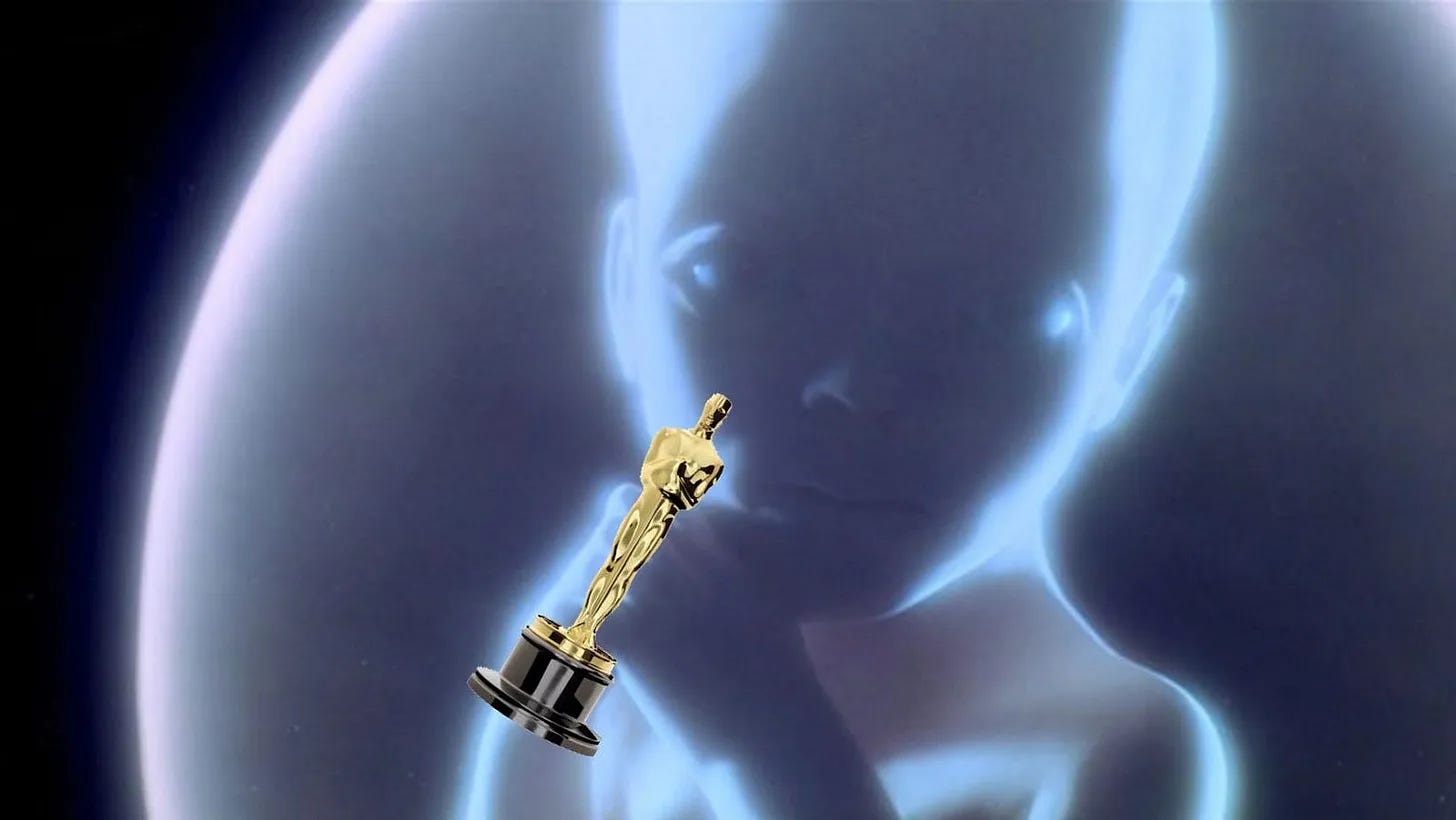
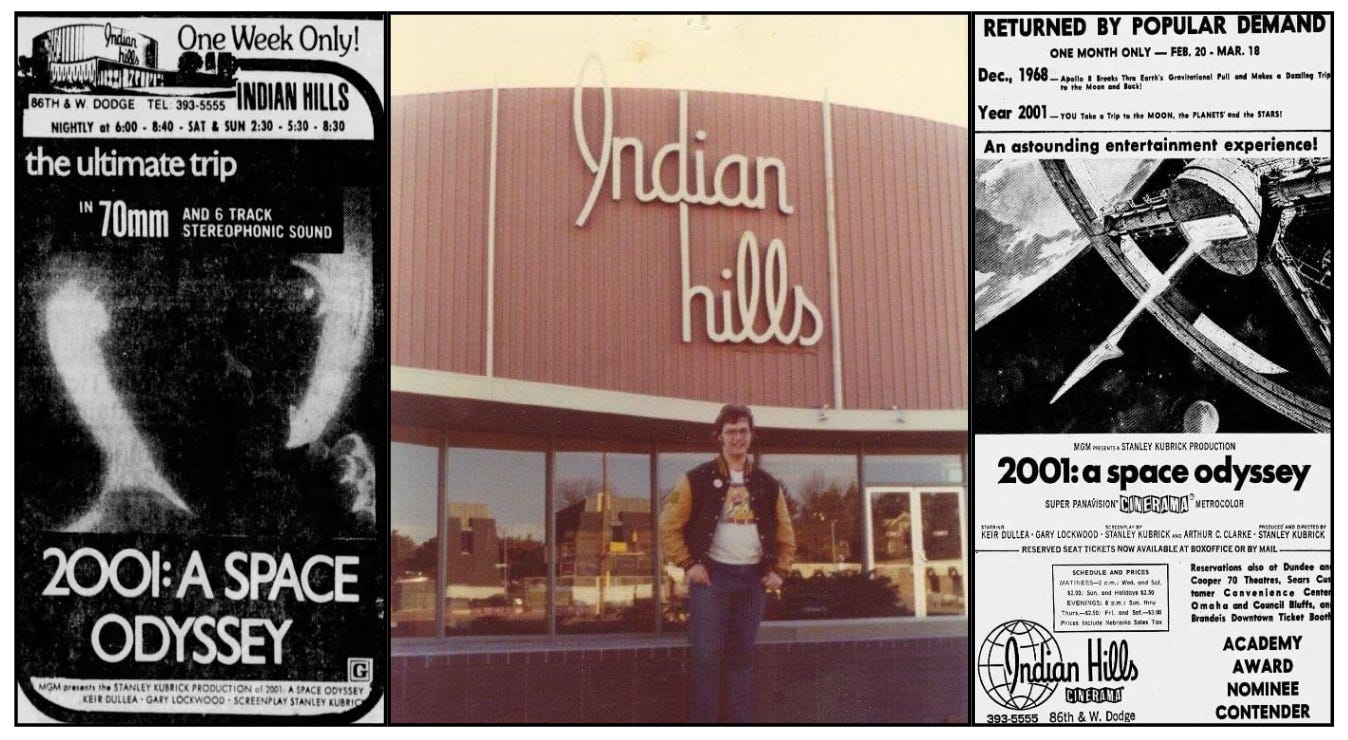
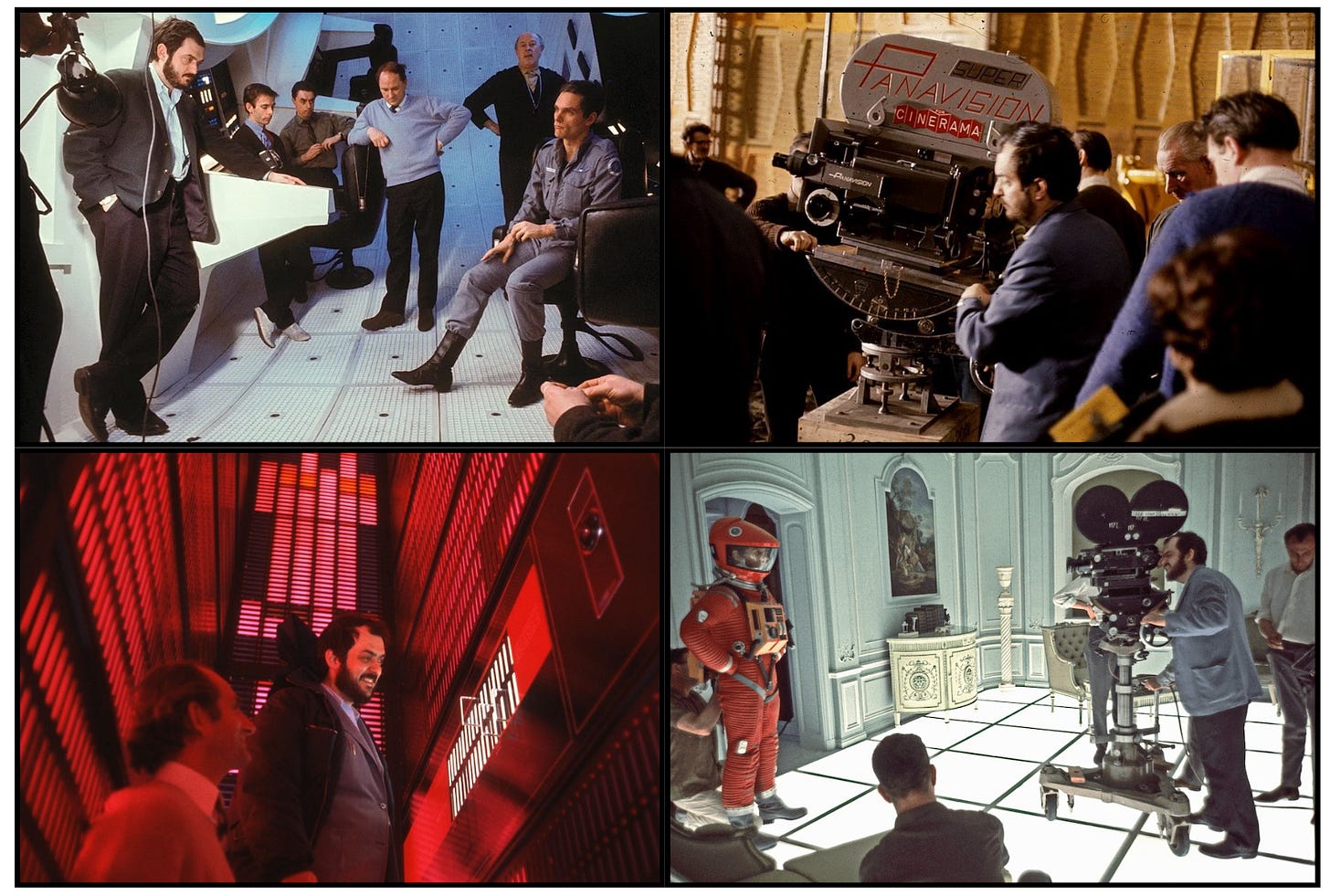
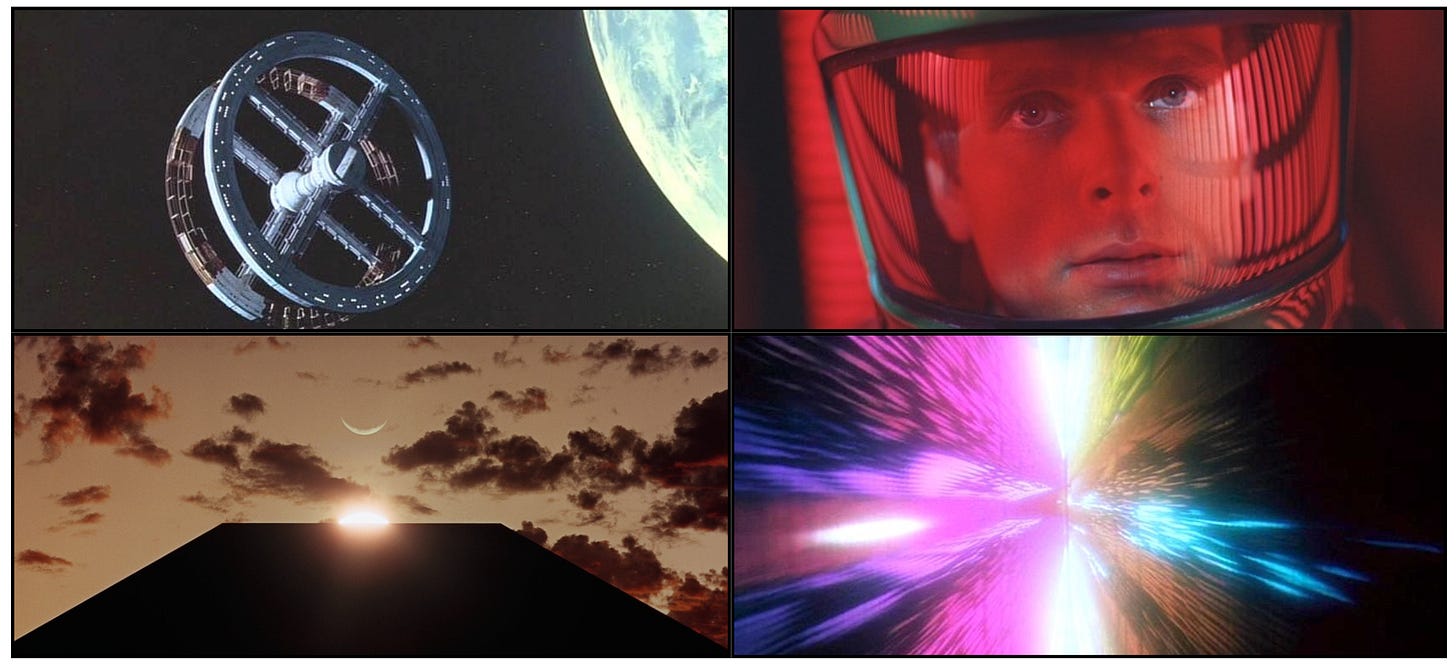
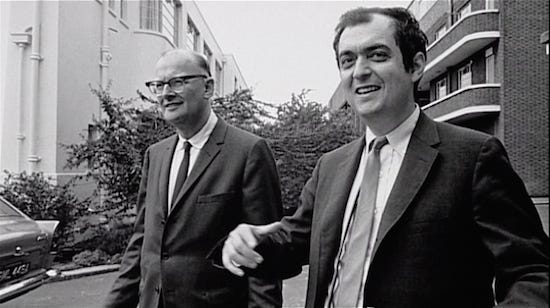
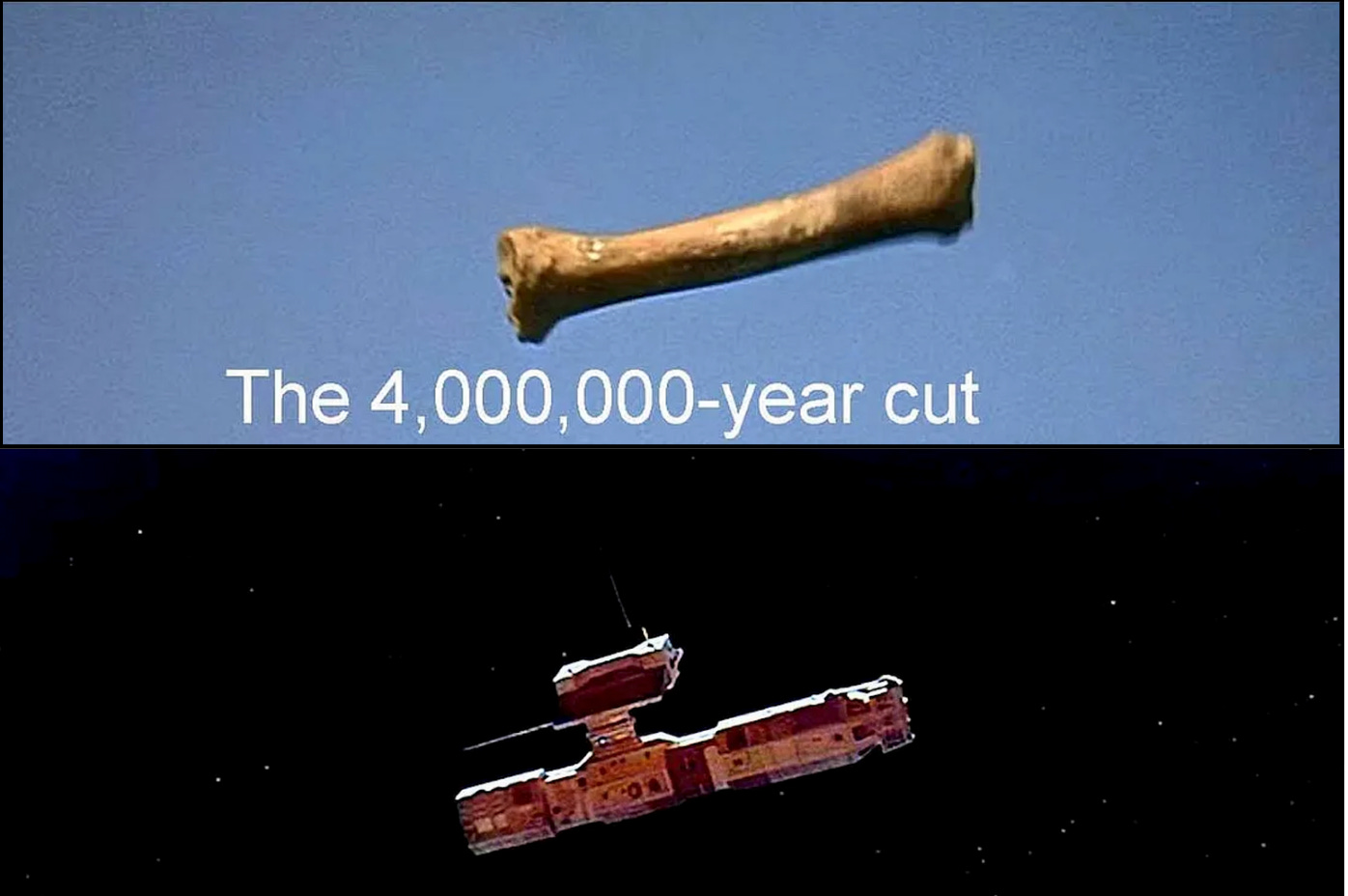
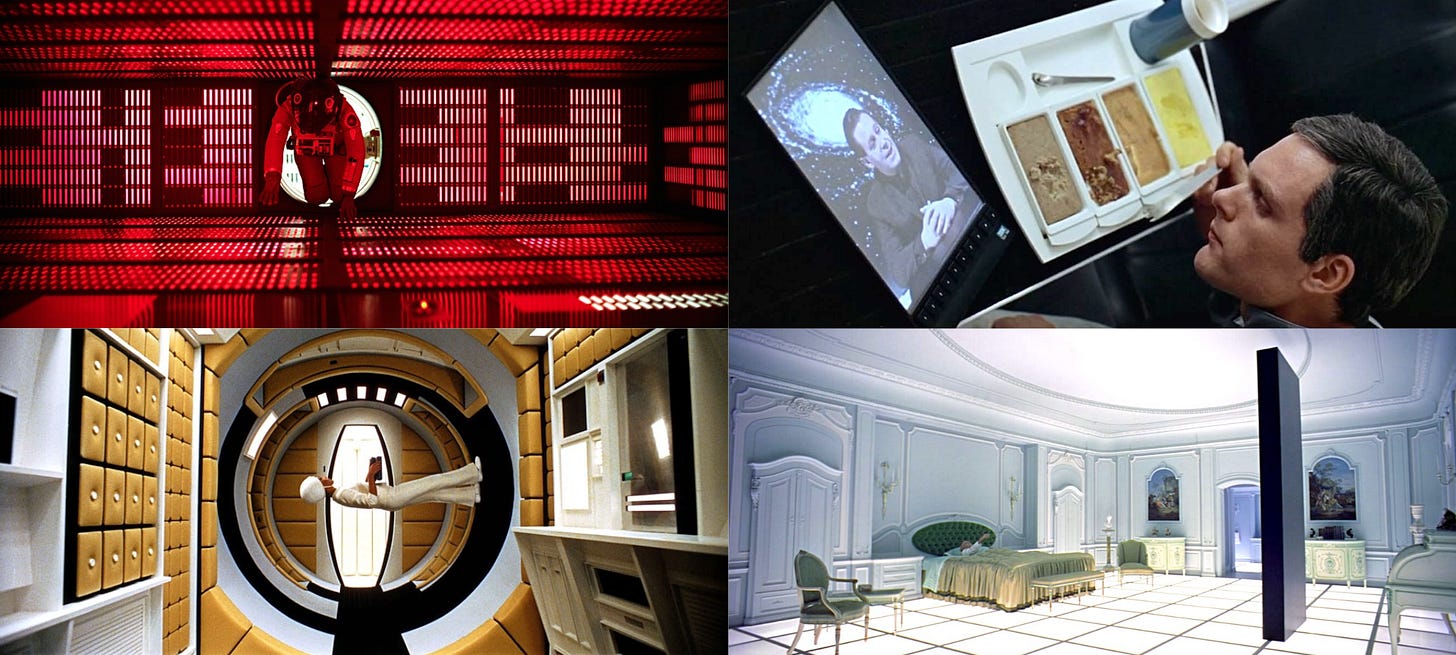
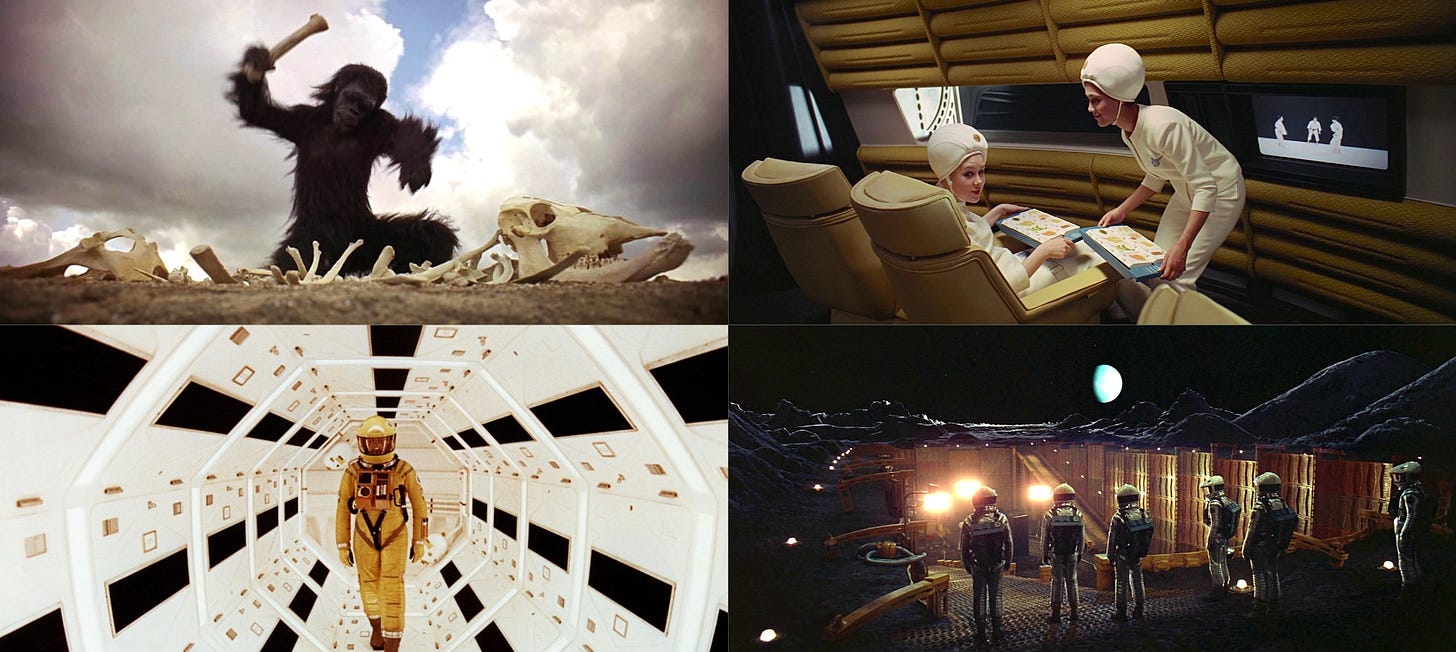
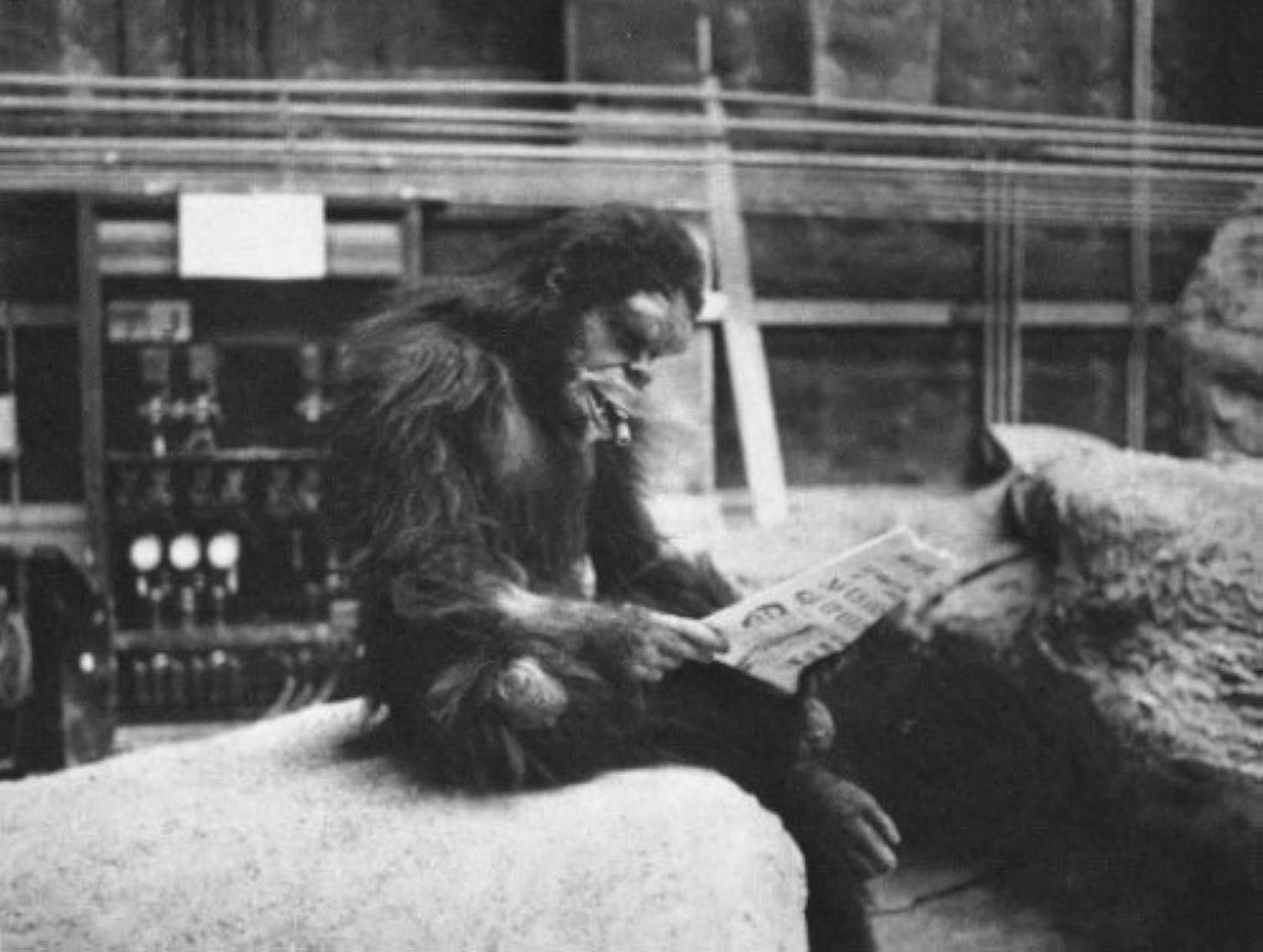
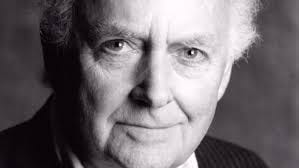
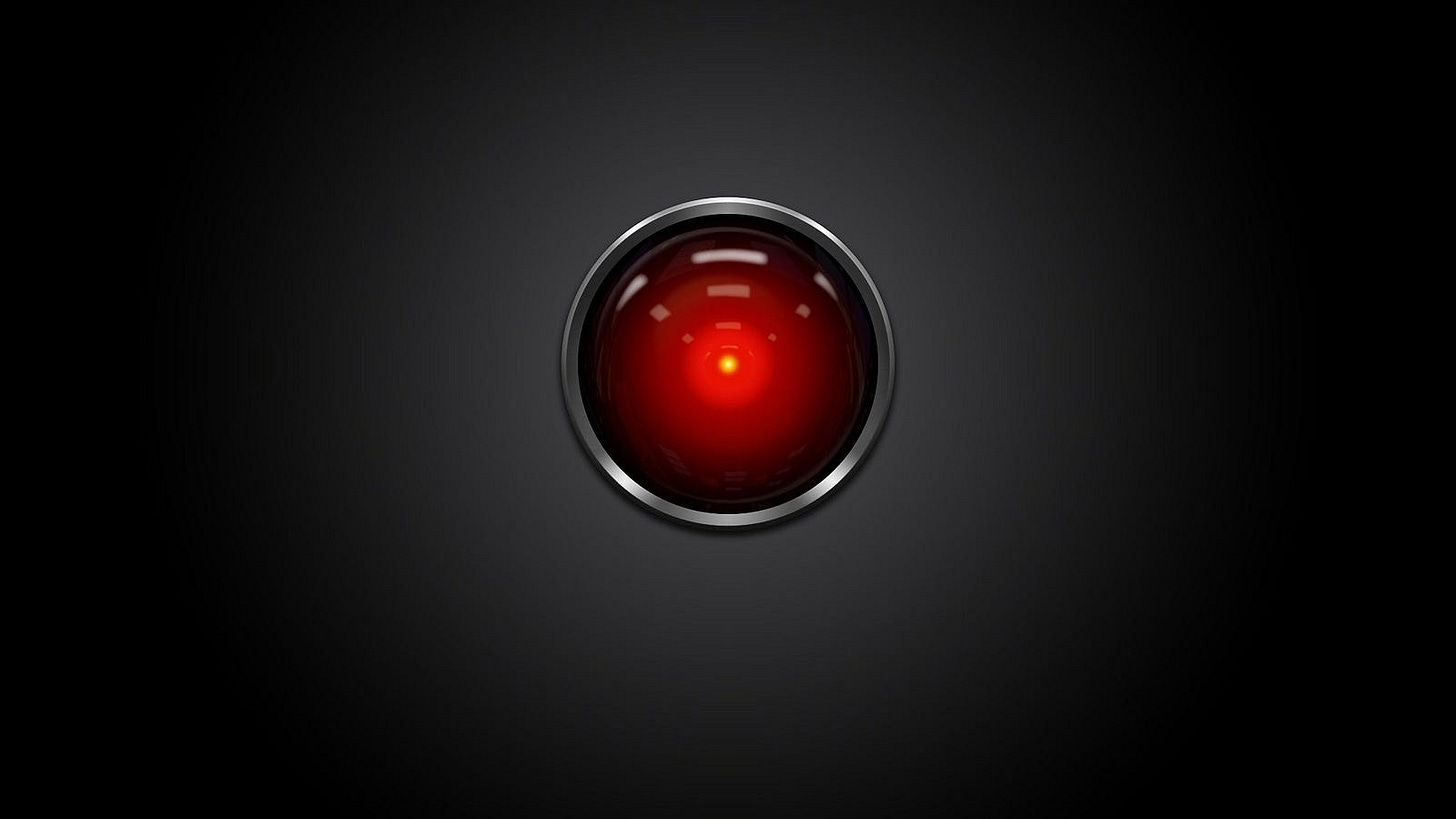
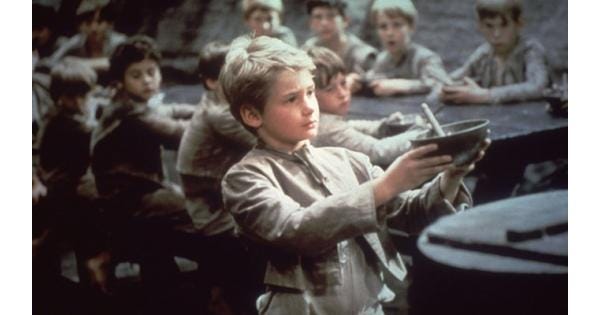
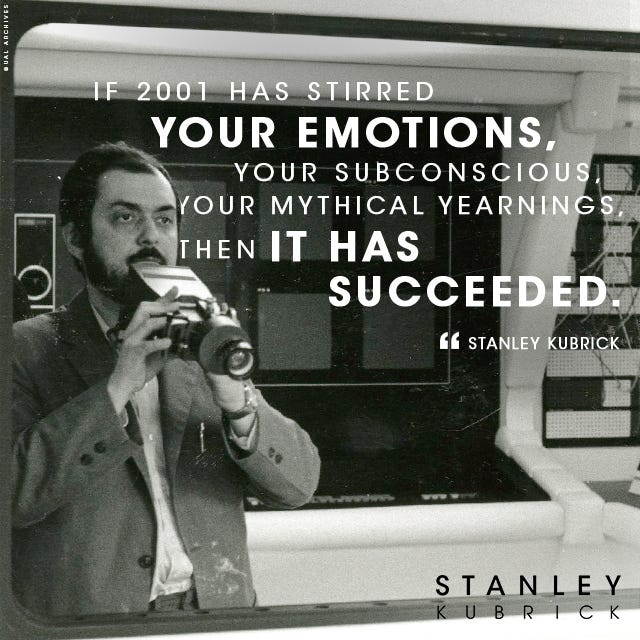
As someone like you who thinks that 2001 is one of the best films ever made and is as fresh as if it were released this morning, I hear you. I have the poster hanging on the wall behind me. All of your arguments make perfect sense--but the catch is that you're assuming that the Oscars are indicative of quality. They never were. At best, they were a fun celebration of Hollywood, but that all vanished by the 90s. Now, of course, they are as fun as a hospital waiting room.
When people ask me if a movie has won any Oscars, I'm reminded of when Lucy Van Pelt tells Schroeder that Beethoven couldn't have been so great because he never got his picture on bubble gum cards.
You get why 2001 is so great, but the folks running the Oscars have other criteria.
Hey, Jim! Great opening piece for a series that sounds more like an awesome essays collection book than a series of posts. Just an idea. 😉
As time goes by it's become clear that The Oscars matter less and less with each new edition. The main reason for that might be the criteria used to select the nominated films and the winners. But it could also be that people are becoming increasingly aware that most of the best films made in a year don't even make the nominations.
In fact, with a few exceptions, having a great film not being nominated for the Oscars could be interpreted as seal that certifies the film as being beyond its time and beyond the masses, as was the case with the masterpiece 2001.